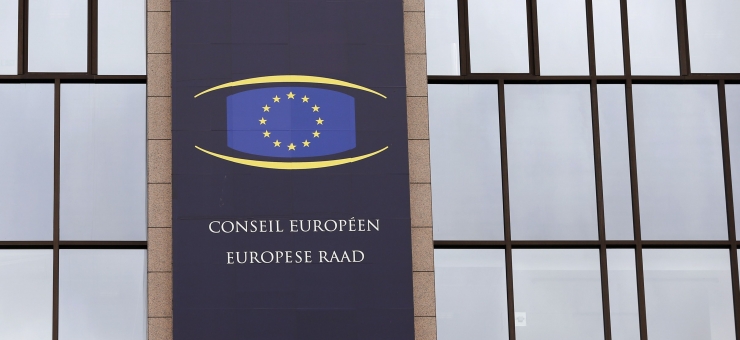News
Employee rights ensured in bank recovery and resolution

The directive on a framework for bank recovery and resolution sets out steps and powers to ensure that bank failures across the EU are managed in a way which avoids financial instability and minimises costs for taxpayers. It is considered one of the major steps in developing the Banking Union and the Single Resolution Mechanism.
With the final text now on the table, the trade union movement has managed to pass seven amendments through the whole process. These will ensure that:
- Recovery and resolution plans and tools include procedures for informing and consulting with employee representatives throughout the processes.
- Collective agreements, or other arrangements provided for by social partners, are complied with in the company restructuring processes.
- The resolution plan includes an analysis of the impact of the plan on the employees of the institution, including a description of envisaged procedures to consult with staff, taking into account national systems for dialogue with social partners.
- The resolution authority may not exercise the write down or conversion power in relation to an employee, in relation to accrued salary, pension benefits or other fixed remuneration, except for the variable component of remuneration that is not regulated by a collective bargaining agreement;
The original proposal from the Commission contained almost no wordings on the employee dimension despite this being an issue that affects the core of UNI Europa Finance members’ reality. Early on in the process we therefore met with Commissioner Barnier, responsible for internal market and services, to voice our concern over this lack and seek support for our concerns. Support has since been given by the Commissioner himself and the political decision makers. UNI Europa Finance is pleased with the outcome and the close employee rights links that are already made with the Single Resolution Mechanism.
The political agreement reached between the European Parliament and EU Member States in December 2013 is still subject to formal approval. The European Parliament is foreseen to vote in plenary 25 February and the directive will then enter into force in 2015.

